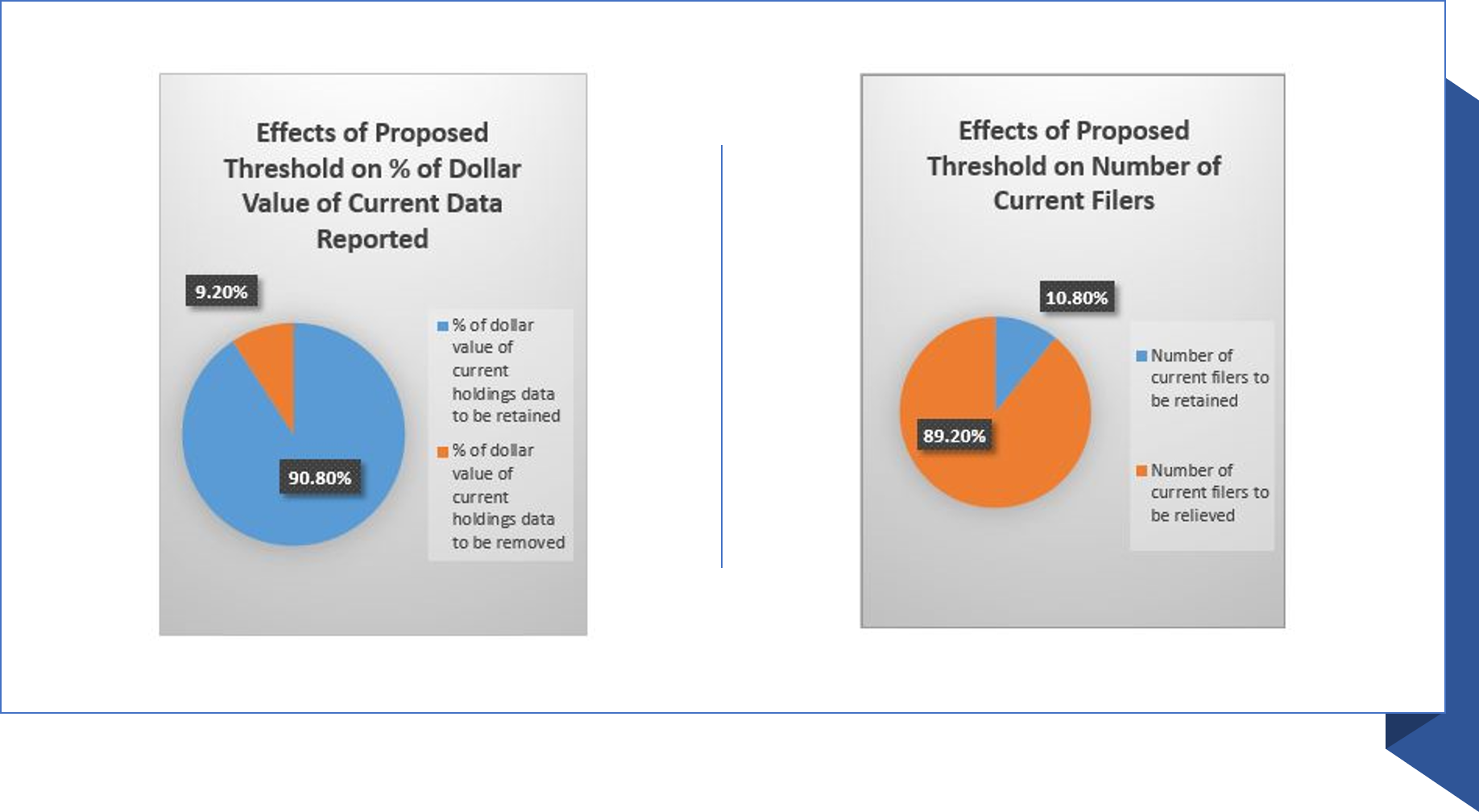In their recently published investor update, Alternative Assets, H2 2020, Preqin reported that investors are not giving up on alternative assets and many expect to increase commitments.
The report is chock full of valuable insights and we encourage our own readers to view the report in its entirety via the Preqin website. Among the various trends highlighted, however, the Vidrio team is particularly interested in the macro view of investors’ hedge fund allocation plans for the next 12 months.
Decreased Exposure to Fund of Funds
The Preqin report indicates that the ongoing appetite for alternatives includes hedge funds, noting “a substantial proportion (44%) of surveyed investors expect to increase their commitments to the asset class in the next 12 months, and a further 28% intend to commit the same amount of capital.” At the same time, 50% of the investors interviewed by Preqin plan to decrease their allocations via fund of funds[1].
Interestingly, while investors are indeed planning to significantly invest in hedge fund CTAs and Event-Driven strategies, they are also still actively redeeming from Funds of Funds. In other words, many investors plan to bypass the fund of funds layer and allocate directly to these varying strategies.
DIY Allocation
Should investors choose to allocate directly to external managers, rather than via a fund of funds, it is all the more important to understand the sophistication of the tools and services that fund of funds have honed, and what to consider when assessing their own systems and processes before embarking on a “DIY” approach to allocation.
Simply put, there is far more to it than asking, “how can we find our own managers?” Allocators to external managers must ask, “How do we go about building the same systems for research, due diligence, monitoring, accounting practices - all of the best practice value-add that is part of the fund of fund expertise set – on our own?”
As a solution provider to allocators, Vidrio’s sophisticated technology and expert managed services are a key element of the best practices employed by our fund of fund and Institutional Investor clients.
A true allocation-grade system should include:
- In-depth tools and sophisticated teams for manager research
- Highly honed best practices for due diligence
- Deep data management systems for actively capturing information from the funds within their universe, particularly the ability to dive in to underlying fund positions to truly understand aggregated portfolio exposure
- Very specific and infallible due diligence practices for vetting managers, ferreting out fraud and other compliance concerns
- Industrial strength portfolio management tools to forecast liquidity, assess current positions, manage risk, and measure performance
- Robust reporting tools that can be tailored to specific client requirements
- Industrial grade accounting systems
Allocators who choose to forego the fund of fund layer should consider that they can’t bypass the expertise of fund of funds and just expect to make do with Excel “systems” tooled for mutual fund monitoring or other more traditional solutions. Just as the extra investment in fund of funds ultimately ensures best practice allocation and risk mitigation, so too can allocators benefit from an investment in the right systems and services to match their new investment capabilities.
Vidrio Can Help
By matching innovative technology with our expert managed services team, we have built the most extensive allocator investment management system available. If you are considering a change, then you might also consider a consultation with Vidrio. We can help you to evaluate your systems and processes, while also helping you to assess budgets and total cost of ownership.
[1] Source: Preqin Investor Update, Alternative Assets H2 2020, p.16.







